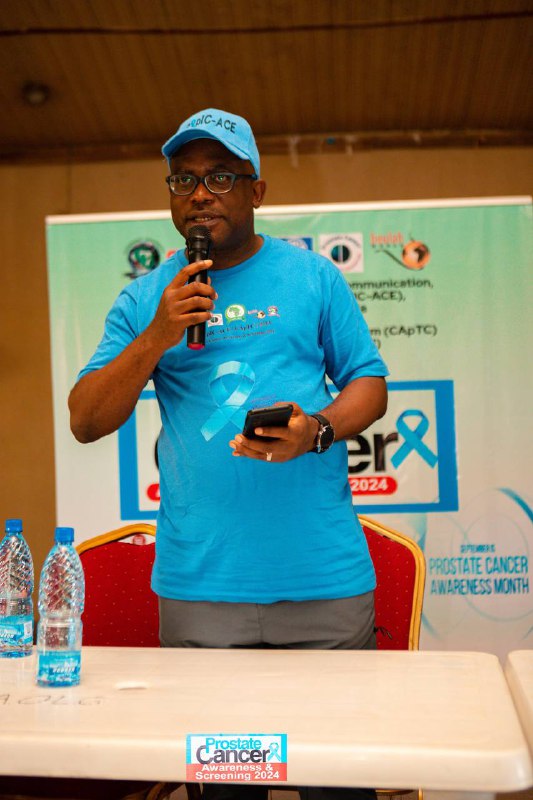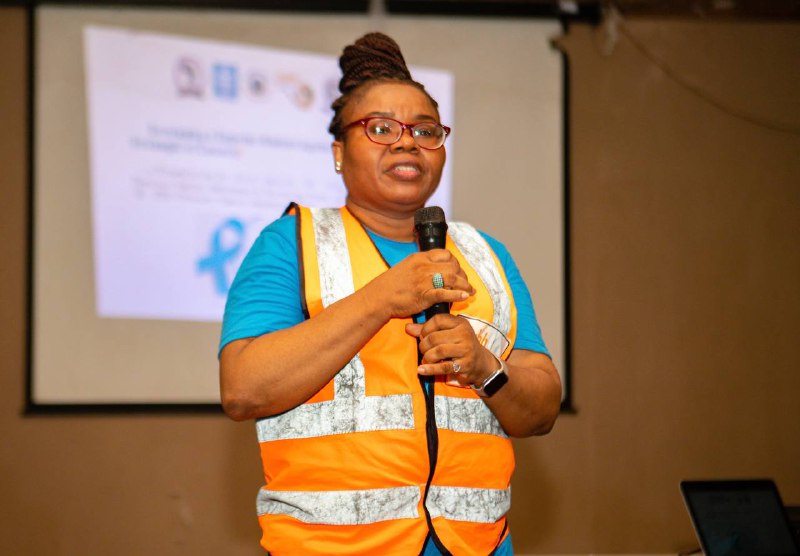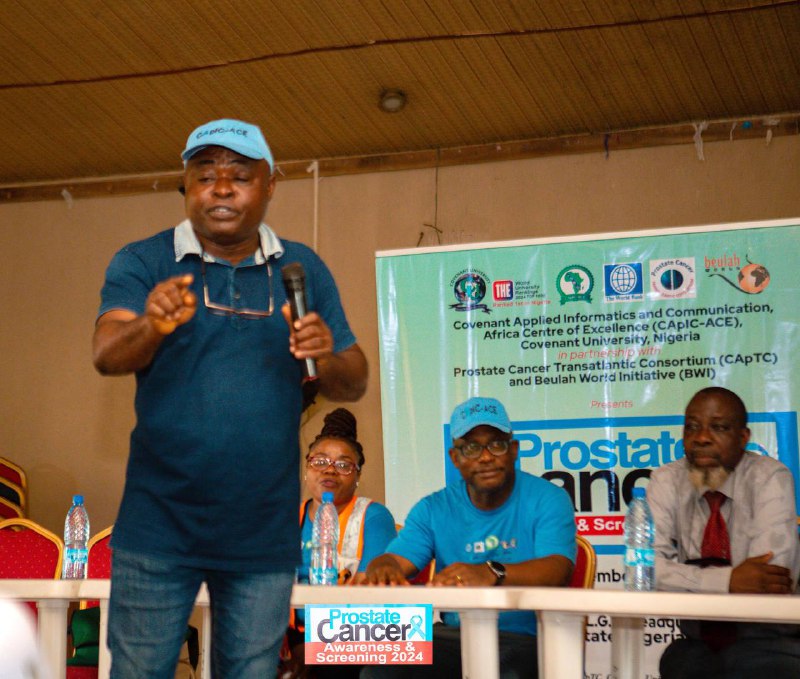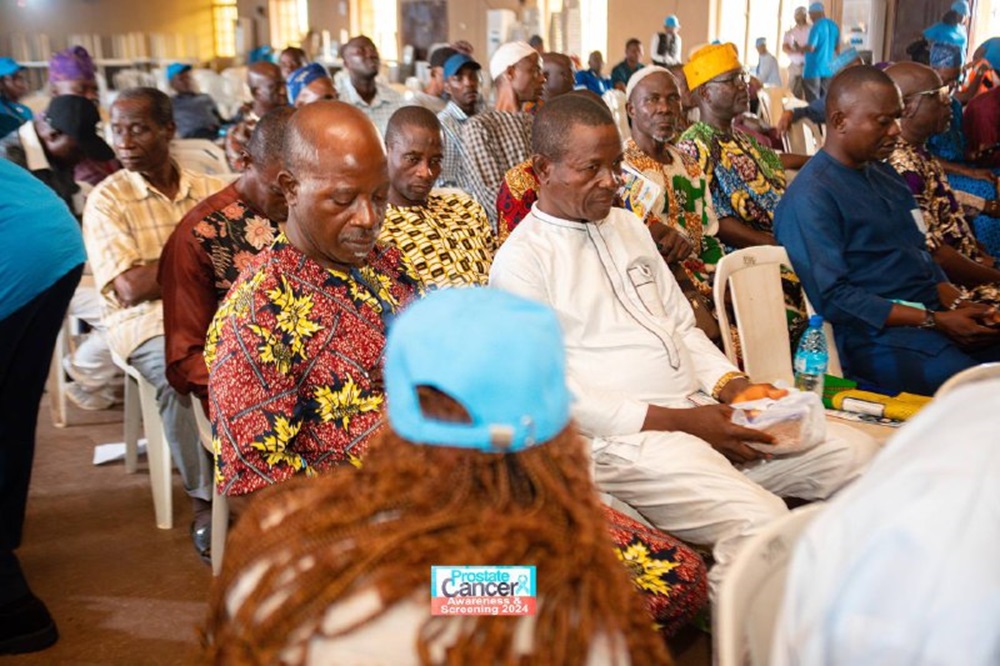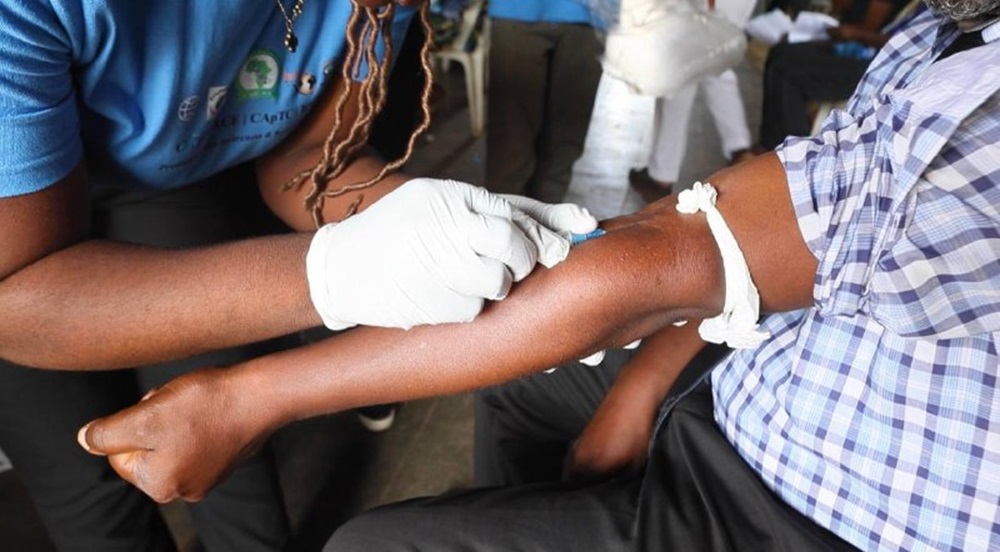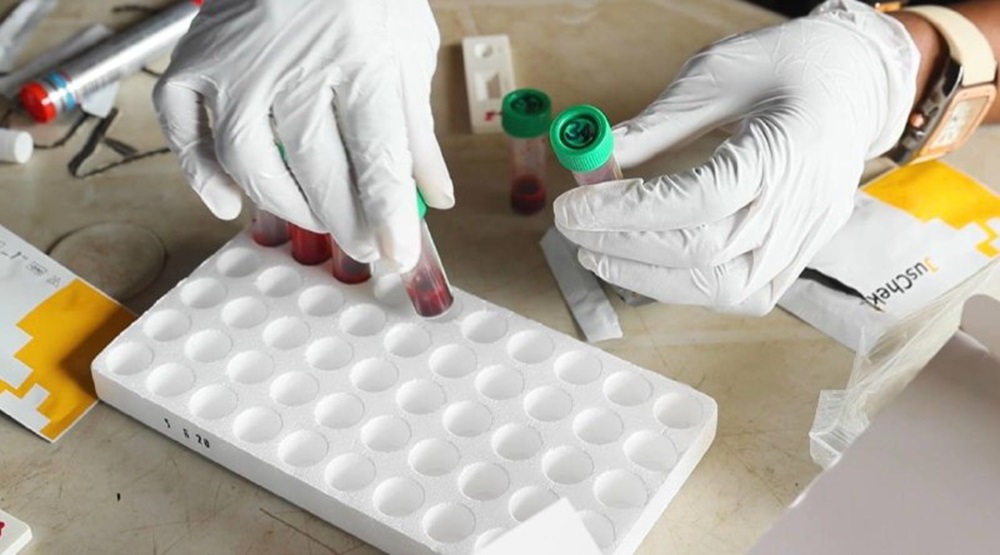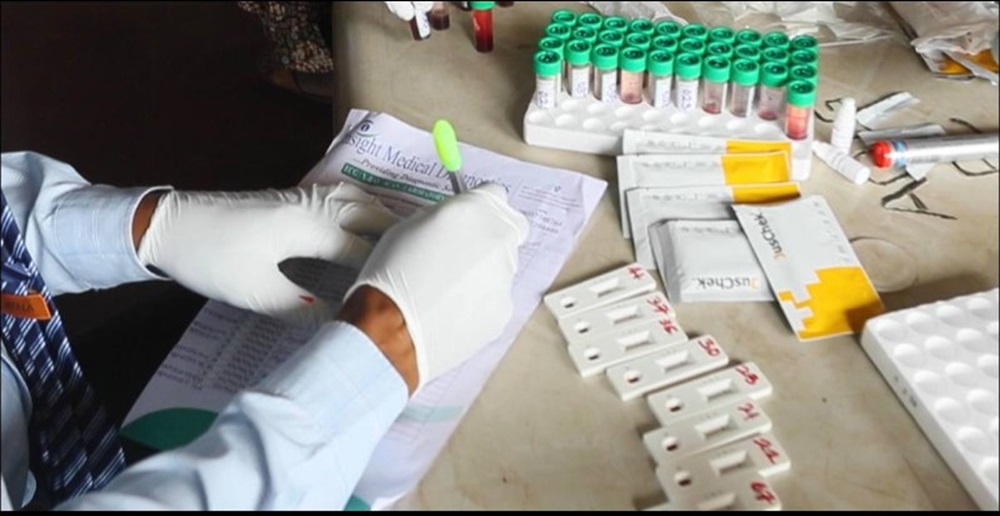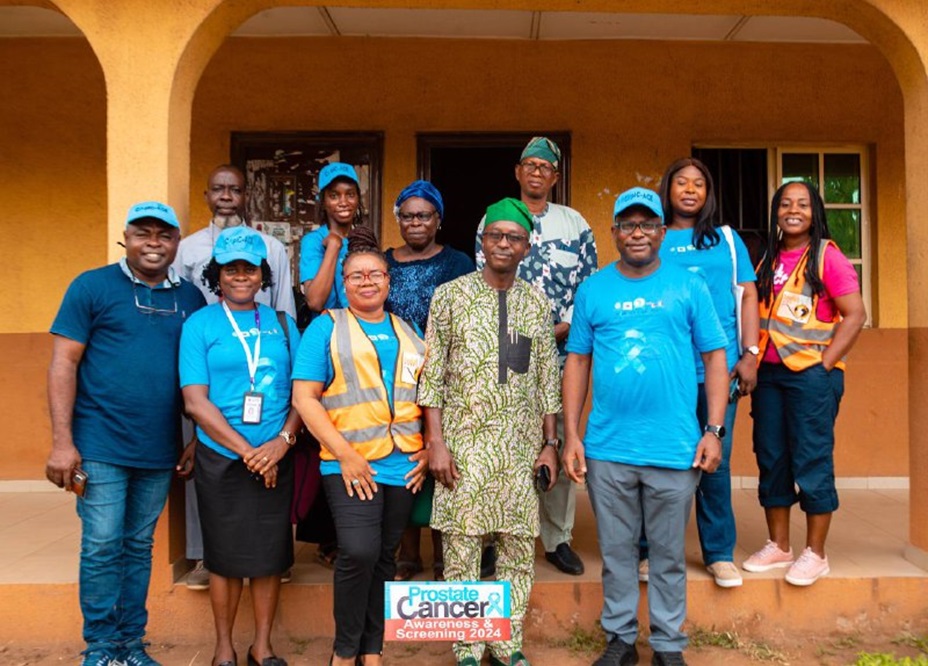Stakeholders have called for increased sensitization on early diagnosis and treatment of prostate cancer, one of the deadly cancers among men, especially in Nigeria and other parts of Sub-Saharan Africa; as part of activities marking the 2024 World Prostate Cancer Awareness Month.
They made this call during the 2024 Prostate Cancer Awareness and Screening organized by Covenant Applied Informatics and Communication Africa Centre of Excellence (CApIC-ACE), Covenant University, Nigeria, in partnership with Prostate Cancer Transatlantic Consortium (CApTC) and Beulah World Initiative (BWI), which was held within the week at the Ado- Odo Otta Local Government auditorium.
While making his opening remarks at the event, the Centre Leader, CApIC-ACE/CApTC, Covenant University, Ota, Professor Emeka Iweala, said the knowledge campaign has become necessary to educate the populace on basic facts and myths about prostate cancer through increased awareness and screening for early detection of the disease and called on the government to bring more resources in this direction.
The Biochemist said that they embarked on the awareness creation annually so that people would know about prostate cancer, and not only knowing about it, but to understand what it is, the causes and symptoms of prostate cancer, saying, it is not death sentence, but curable.
Professor Iweala cautioned the public against self-medication, adding that anyone experiencing symptoms like dribbling of urine, excessive urination at night, frequent urination, urge to urinate and leaking, urinary retention, or weak urinary stream should consult the right medical personnel in order to get early diagnosis and treatment. He assured that research work is being intensified and discoveries made through biomarkers outlining the prognosis of the disease to help in the treatment of prostate cancer.
In his presentation, Urologist and Chief Consultant at the Federal Medical Centre, Abeokuta, Ogun State, Dr. Chidiebere Ogo, warned men above 40 years of age against excessive consumption of red meats to reduce the burdens of Prostate Cancer.
According to him, excessive intake of red meat by males above 40 years tends to increase the risk of Prostate Cancer and he appealed to persons with a family history of cancer to consult experts for screening.
“Prostate Cancer is the most common cancer afflicting and killing men in the country. It is the most common cause of cancer related deaths among men in Nigeria. Prostate cancer could be fatal if it is not detected early, and appropriate treatment is not administered on the patient,” the Urologist cautioned.
Chichi Ononiwu, Founder of Beulah World Initiative (BWI), in her presentation tagged: “Developing a Superior Mindset Against the Onslaught of Cancers”, quoting WHO, described cancer as a large group of diseases that can start in almost any organ or tissue of the body, when abnormal cells grow uncontrollably.
Ononiwu explained that cancer, as a disease, has tentacles that are physical, spiritual and social, saying that the physical and social impacts can be relentless, presenting challenges, not just at diagnosis, but throughout treatment and even well into recovery; noting the importance of knowing that cancer is not a death sentence.
She identified factors that influence how a patient responds to diagnosis of cancer, manages the ongoing challenges of treatment, and navigates their post treatment life, to include interaction with care team, social support, coping style, personality and socioeconomic status.
A beneficiary of the medical outreach programme, Alhaji Adetona Waheed, lauded the consortium of experts and Covenant University, for the awareness and screening exercise as this has made him to gain more knowledge about prostate cancer.
Also, another beneficiary, John Adigwe said, “It has been awesome. I commended the organizers because the knowledge gained at the awareness and screening was great. It broadened my knowledge about prostate cancer and some myths about the disease and sexual relationships and red meat intake was solved.”
At the end of the screening exercise, results from blood samples taken on the spot were shared with the participants individually.
